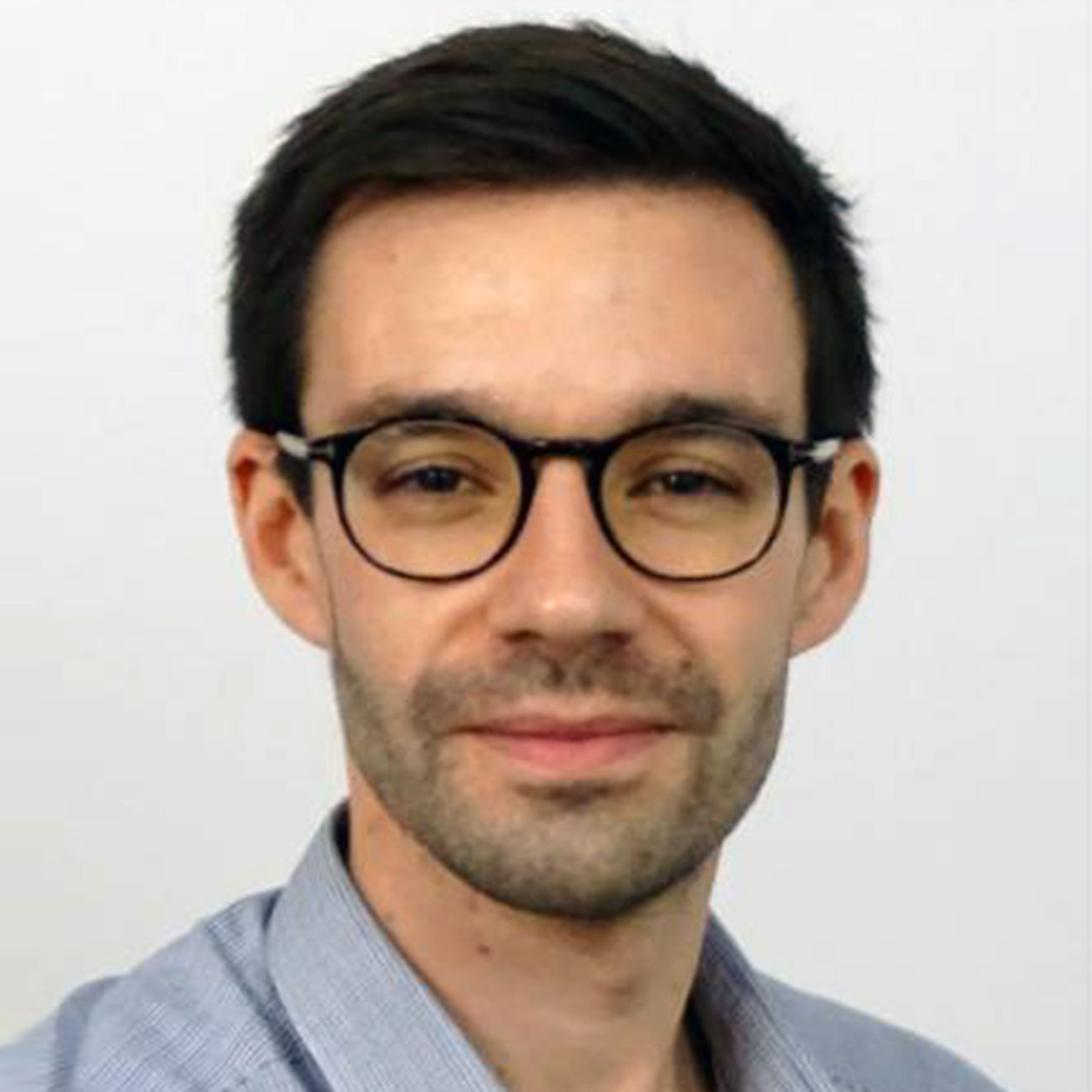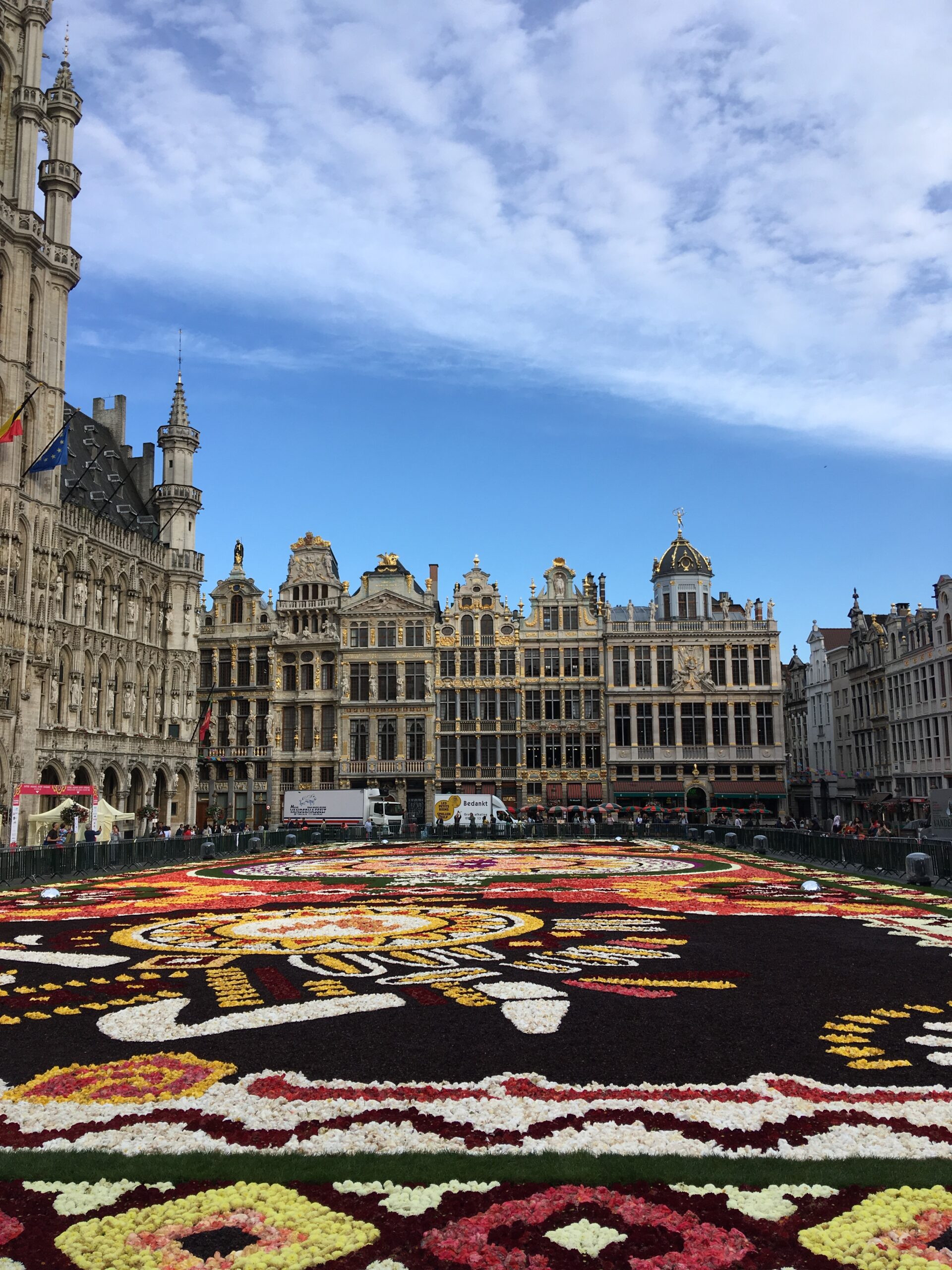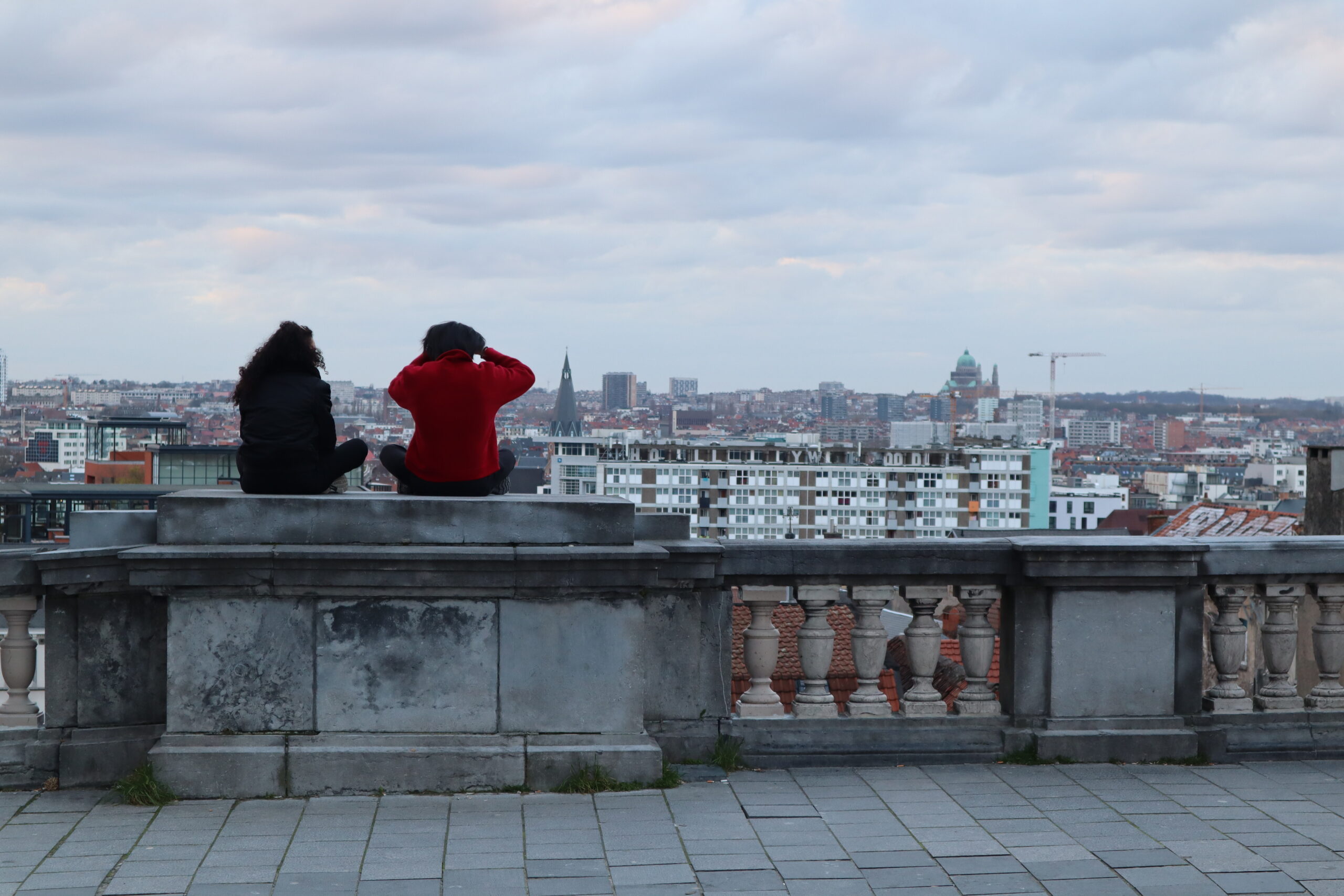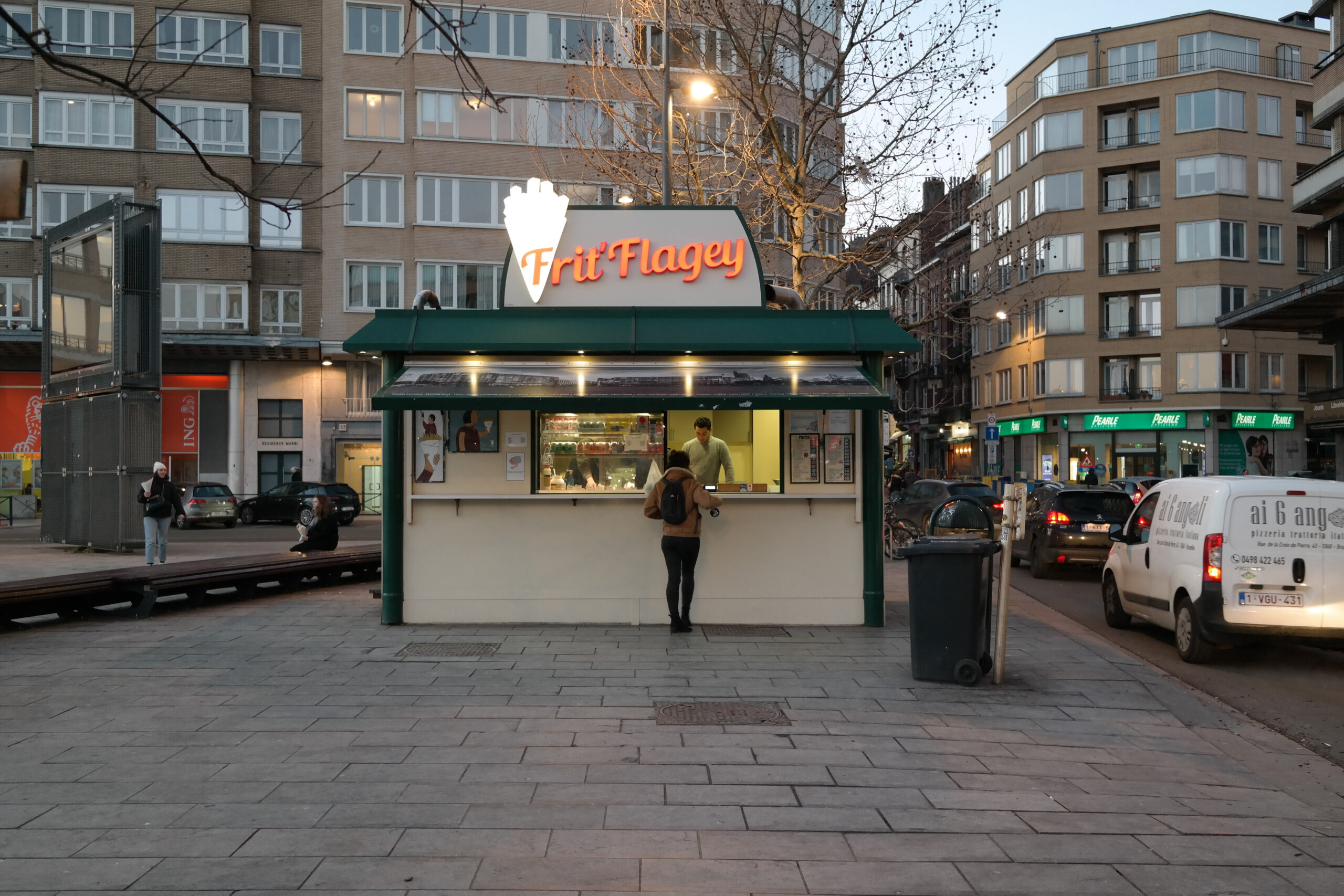Letters from HUAP: Julien Chicot
University News | October 12, 2022
This article was published in the Autumn 2021 issue of Litterae Populi. The full issue can be found here.
Dr. Julien Chicot
Senior Policy Officer, The Guild of European Research-Intensive Universities
Hokkaido University Partner
My former tutor at Hokkaido University, Professor Toru Yoshida, asked about my interest in applying to become a Hokkaido University Partner. I was very honored to have his recommendation and accepted. At that time, I was working for a network of European Research & Technology Organizations. I was already convinced of the crucial role of research and innovation in our societies, and was willing to be more active in science advocacy. The offer from Hokkaido University was therefore very well-aligned with my vision of the role of universities in our societies and my career choices. Hokkaido University is a university that has played a significant role in my education and, more broadly, in my life. It is therefore important for me to encourage Europeans to go there for a study or research stay, and to appreciate it as much as I did. I am also deeply impressed by the ambition and commitment of Hokkaido University to increasing its openness to the world and strengthening its global visibility through its former visiting students and researchers.
I participated in the Hokkaido University Short-Term Exchange Program (HUSTEP) in 2008-2009. My home university in France required that all its students spend a year abroad. Thanks to the wide curriculum offered by HUSTEP, I expanded and deepened my knowledge in economics, history, sociology and even linguistics. I also learned more about ikebana, koto and calligraphy. I clearly remember the high quality of the Japanese language courses: When I arrived, I was a complete beginner and was very dependent on the support of my Japanese mentor; And in a few weeks, thanks to my great Japanese teachers, I made spectacular progress and could have basic conversations with anyone in Japan. The quality of life on Hokkaido University’s campus and, more broadly, in Sapporo must be acknowledged. I am deeply convinced that I made the best choice when I decided to study there.
I am now working as Senior Policy Officer for The Guild of European Research-Intensive Universities, a network comprising 21 of the most distinguished universities in 16 European countries. My role consists in supporting our members to engage in policy discussions, at the level of the European Union, in the fields of open science, innovation, medical research, and Artificial Intelligence and digital research. The Guild also advocates for stronger scientific cooperation with like-minded non-European countries, including Japan.
Hokkaido University has a great motto. ‘Be ambitious!’ Their ambition is key to the success of Hokkaido University in achieving its missions. It implies staying united, open to the world, and committed to proposing solutions to the global challenges our society is currently facing through frontier research and innovative pedagogy.
I would be delighted to use both my professional position and my role as an HU partner to contribute to further strengthening the links between European and Japanese universities. I am willing to facilitate project-based research collaboration between Hokkaido University and Guild universities and, on a policy level, to support the participation ofJapan as an associate country to Horizon Europe, the main EU research and innovation funding program. In parallel, I will keep promoting individual initiatives of Hokkaido University, such as international exchange programs and summer schools, to our European universities, as these actions are crucial for increasing our mutual understanding and trust.
This article was published in the Autumn 2021 issue of Litterae Populi. The full issue can be found here.





